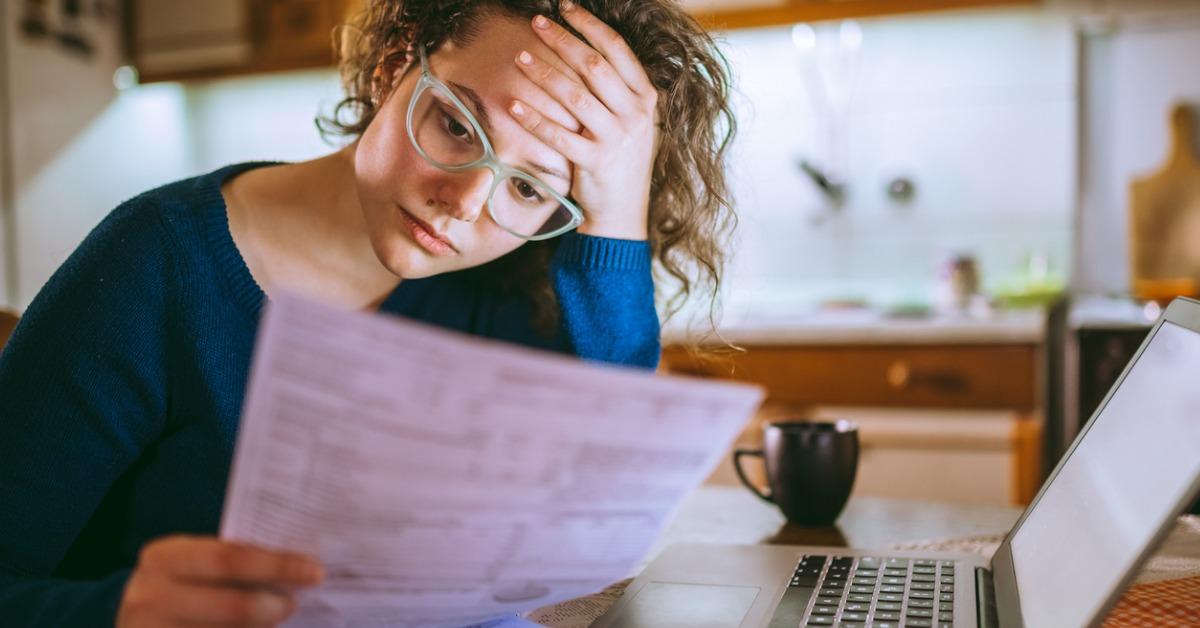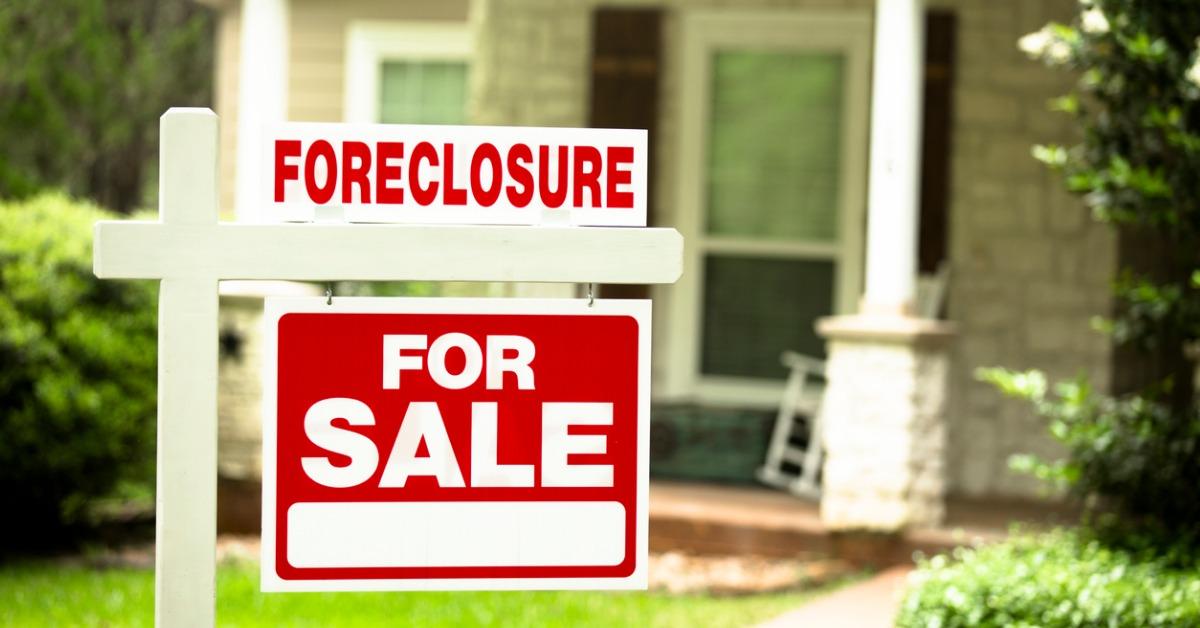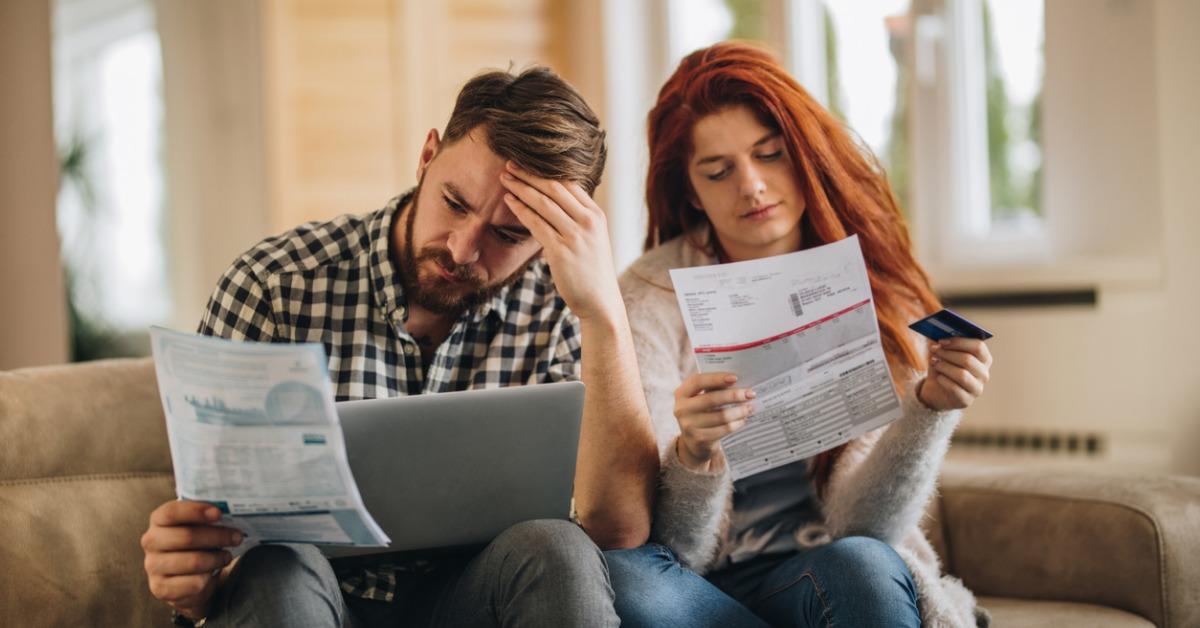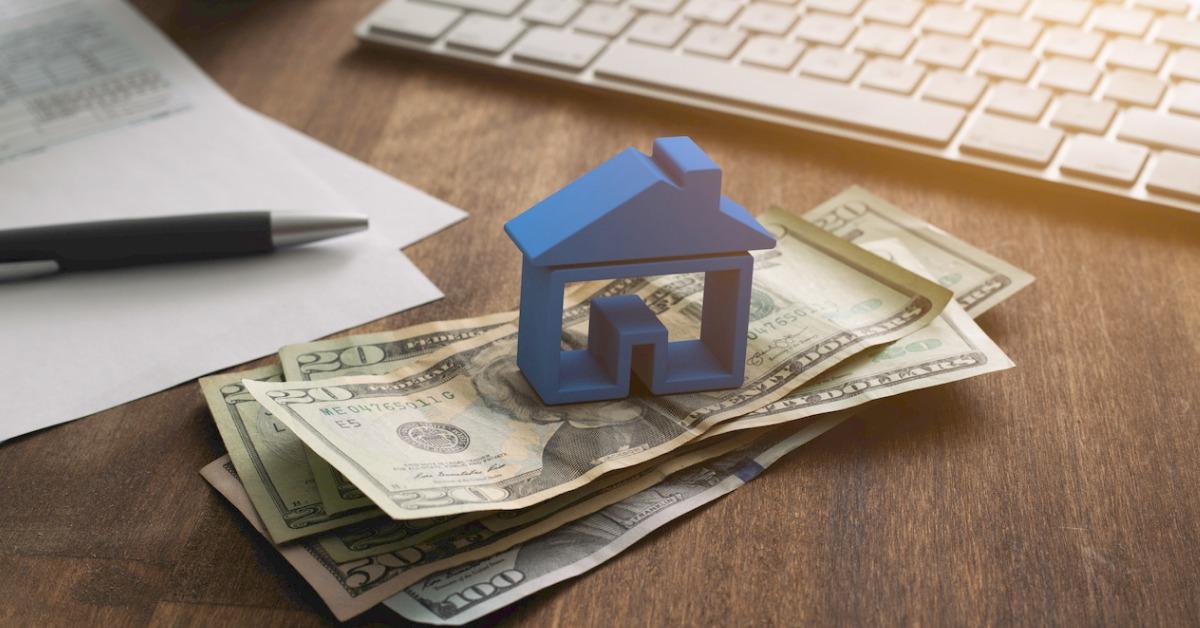What Is the Rent and Mortgage Cancellation Act?
Thousands of people are worried about paying their mortgages amid the COVID-19 pandemic. The federal government may have a solution in the works.
Sept. 25 2020, Updated 1:59 p.m. ET

The economic fallout caused by the coronavirus pandemic has left many people unemployed and struggling to keep up with their rent or mortgages. Luckily, the federal government is working on legislation that, if passed, might actually help. The Rent and Mortgage Cancellation Act would suspend all housing payments until the COVID-19 pandemic has fully ended.
Unfortunately, like many federally-organized programs floated during the current crisis, the details are somewhat confusing. The main problems have to do with good intentions and poor execution. Also, there are fundamental political differences between the two voting parties.

What is the Rent and Mortgage Cancellation Act?
Many states have already postponed rent or mortgage payments during the COVID-19 pandemic. However, the 60–90 day grace periods are only a temporary measure. The rent will still be due when the crisis is over. The purpose of the Rent and Mortgage Cancellation Act is to help individuals who are struggling financially due to the COVID-19 pandemic.
The act would eliminate all rent and mortgage payments during a national emergency, retroactive to April 1 and extending for 30 days after the “official end” of the crisis. Under the bill, all of the non-payment of the said accounts wouldn't result in eviction, fines, or a negatively-impacted credit score.

Could the Rent and Mortgage Cancellation Act backfire?
As well-intentioned as it sounds, the end result of such an act could end up being even worse for struggling Americans than the crisis that required it. No matter how many provisions are made for the government to reimburse landlords and lenders, it isn't likely that the reimbursements would be made in a timely manner.
Many landlords rely on the rent paid by their tenants as a source of income. If they aren’t getting paid, then they have just as much to worry about financially as the people that live in their buildings. Thousands of people could wind up being evicted when the crisis ends and the bill expires.

When will the Rent and Mortgage Cancellation Act be voted on?
The bill was introduced in the House on April 17 as bill number H.R. 6515, by Rep. Ilhan Omar of Minnesota. Despite the bill's inherent problems, it has attracted 27 House cosponsors. Incidentally, all of the cosponsors are Democrats. The bill awaits a potential vote in the House Financial Services Committee and time will tell if any Republicans decide to support it.

Who would qualify for the Rent and Mortgage Cancellation Act?
Supporters of the bill argue that it helps solve a lingering housing and affordability crisis that has seen millions of people struggle to make ends meet, even before the coronavirus pandemic started. This type of bill would help a lot of people.
However, opponents of the bill argue that it doesn't have an income threshold attached. Anyone can say their income was lost due to the COVID-19 pandemic. Some of the people might not be struggling to pay their mortgages.
